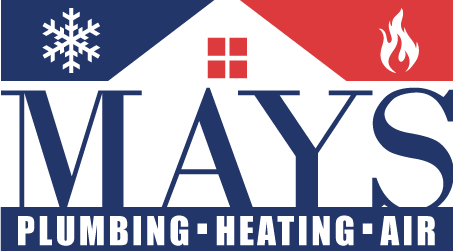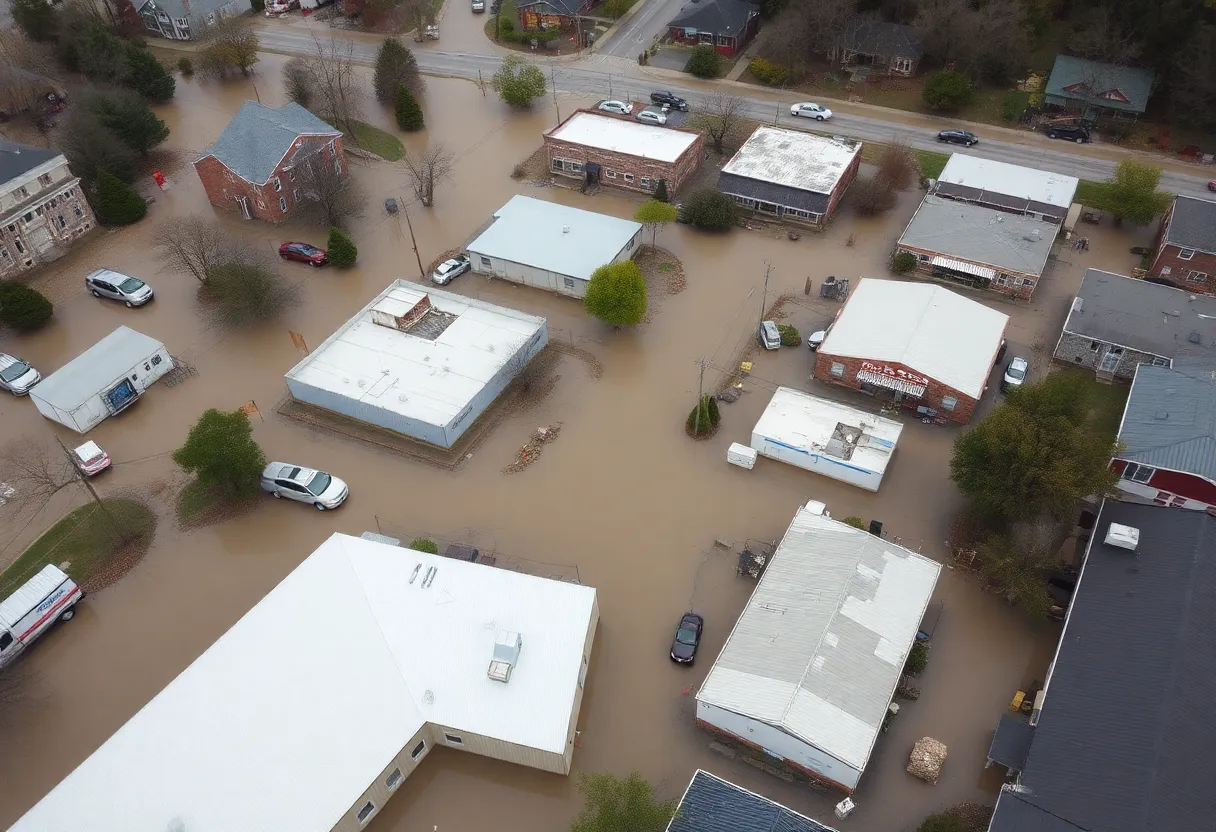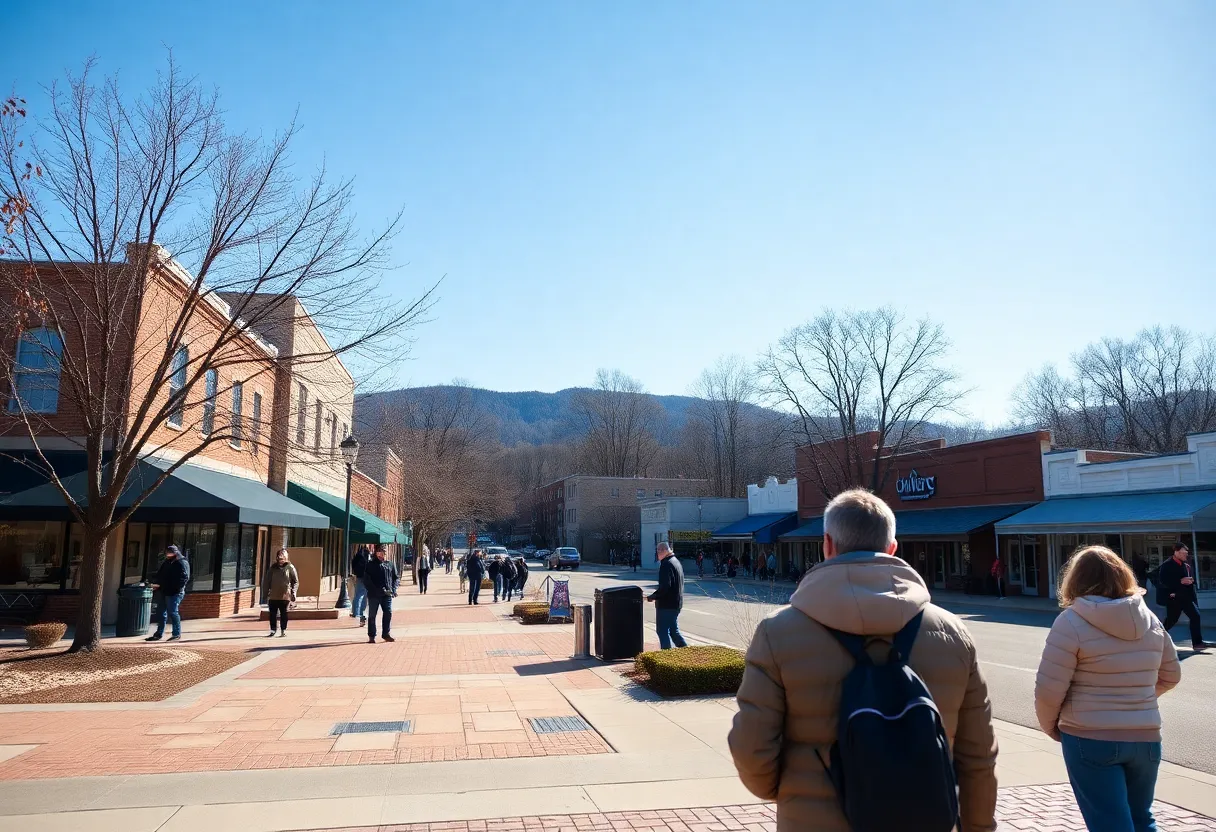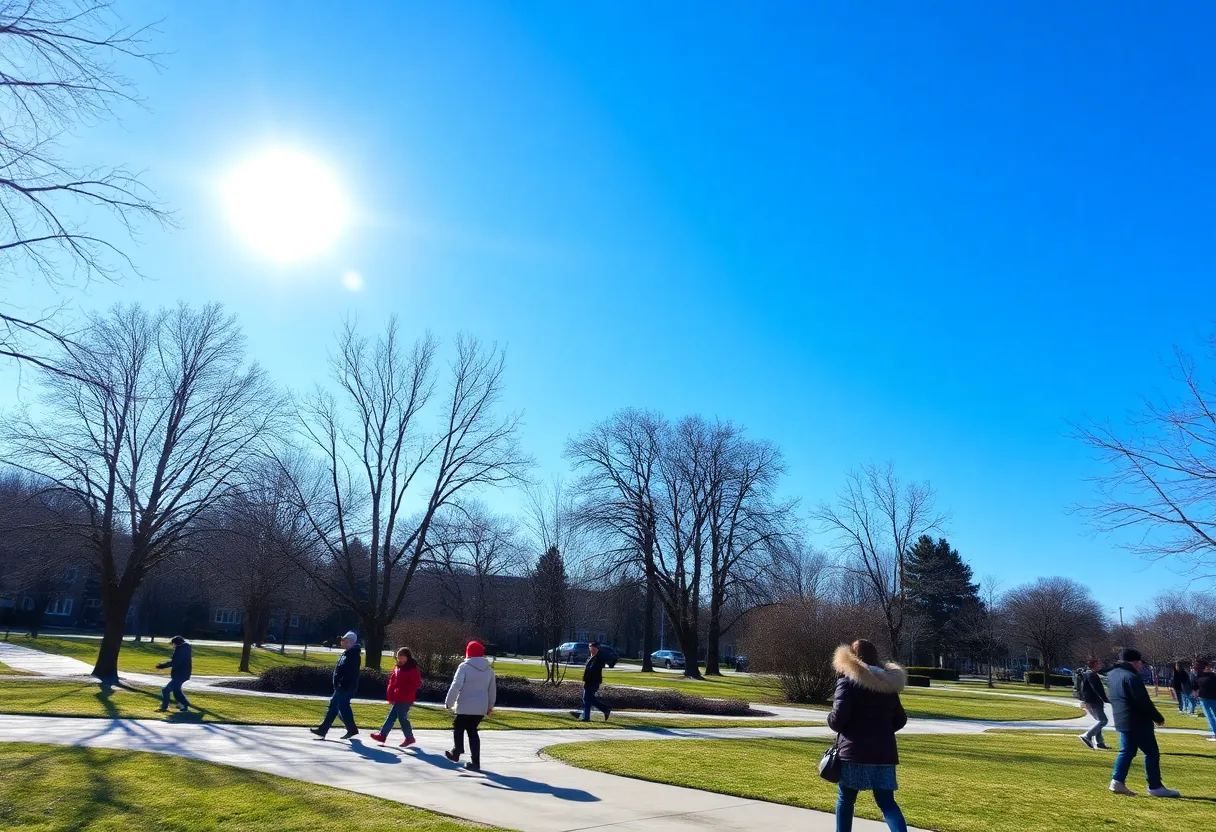Erwin, Tennessee: A Town Caught in the Wake of Climate Extremes
As residents of Erwin, Tennessee come to terms with the aftermath of Hurricane Helene, the community is left grappling with a painful reality. In late September, unprecedented rainfall transformed the calm Nolichucky River into a raging torrent. Floodwaters surged over the banks, engulfing the town and claiming the lives of six workers from a local factory, Impact Plastics. Most of these individuals were part of the Latinx community, caught on the job in a scenario that, tragically, has become all too familiar.
This harrowing incident underlines a pressing issue faced by many workers across the nation: the sometimes deadly consequences of being required to work in extreme weather conditions. It raises the question: why are vulnerable employees—particularly those who are Black and Brown—put in danger while others can avoid the treacherous conditions?
Extreme Weather and Worker Vulnerability
When adverse weather strikes, the warnings from local governments often become a deafening white noise to laborers dedicated to their jobs. The workers at Impact Plastics are just one example of countless individuals who find themselves in such dilemmas. Faced with financial pressures and limited options, they feel compelled to show up, even when external conditions are unyieldingly dangerous. In instances like the flooding in Erwin, the stakes are tragically high.
To illuminate how worker safety can be enhanced in the face of severe weather, we can look to progress being made in other parts of the world. Recent floods in Valencia, Spain took the lives of over 200 individuals, prompting the country’s left-wing government to respond actively. Their new law introduces national paid climate leave, allowing workers four days of paid leave during weather emergencies. For employers, there’s an option to extend this leave with reduced hours, ensuring that no one has to brave hazardous conditions due to work requirements.
A Model Worth Considering
Yolanda Díaz, Spain’s labor minister, explained that the fundamental idea behind this law is to create a guarantee where “no worker must run risks” when faced with extreme weather. The implementation of this law highlights a crucial principle of protecting vulnerable workers during trying times. It recognizes the necessity for a safety net that extends beyond mere encouragement to stay home—ensuring that financial barriers do not force individuals out into danger.
If we look back to Valencia during the recent flooding, many workers across various sectors found themselves caught in precarious situations. Restaurants, office buildings, and retail spaces were filled with employees who were encouraged, or even forced, to stay on the clock despite the government issuing red alerts about the impending danger.
The Cost of Inaction
In contrast to Spain, the United States remains stubbornly absent of proactive measures for worker safety during extreme weather events. Observers see a glaring disparity, with many workers—particularly those delivering goods or working in the service industry—finding themselves vulnerable during dangerous heat waves or storms. For instance, in North Texas, a tragic incident claimed the life of a Black postal worker who succumbed to extreme heat while on duty. Other cases highlight ongoing issues like the lack of air-conditioning in delivery trucks, which are essential for those working outdoors.
In cities like New York, the sight of e-bike delivery drivers navigating flooded streets in pursuit of takeout orders has become emblematic of labor inequity in the face of climate change. The combination of low wages, lack of benefits, and sheer necessity keeps these workers on the job, risking their health in the process.
Hope for Change
The fervent conversations surrounding worker safety amid climate extremes are gaining momentum, yet progress remains slow. The stories of workers in places like Erwin serve as an urgent reminder of unjust employer expectations, particularly for those most vulnerable within the community. Many argue that the U.S. workforce could benefit immensely from legislation mirroring that of European counterparts, enabling those endangered by severe weather conditions to prioritize their safety without the fear of financial repercussions.
As communities rally to support each other in the wake of disasters, there’s hope that these conversations can lead to action. By prioritizing the needs of vulnerable workers, society can initiate significant change that could ultimately protect lives and fortify the workforce against the uncertainties of climate change.
Author: HERE Greenwood
The GREENWOOD STAFF WRITER represents the experienced team at HEREGreenwood.com, your go-to source for actionable local news and information in Greenwood, Greenwood County, and beyond. Specializing in "news you can use," we cover essential topics like product reviews for personal and business needs, local business directories, politics, real estate trends, neighborhood insights, and state news affecting the area—with deep expertise drawn from years of dedicated reporting and strong community input, including local press releases and business updates. We deliver top reporting on high-value events such as the Festival of Flowers, Greenwood Community Theatre performances, and agricultural showcases at the Greenwood County Fairgrounds. Our coverage extends to key organizations like the Greenwood Chamber of Commerce and the Greater Greenwood United Ministry, plus leading businesses in manufacturing and healthcare that power the local economy such as FujiFilm Manufacturing and Self Regional Healthcare. As part of the broader HERE network, including HERECharleston.com, HEREColumbia.com, HEREGreenville.com, and HEREHiltonHead.com, we provide comprehensive, credible insights into South Carolina's dynamic landscape.




 Mays Contracting
Mays Contracting

